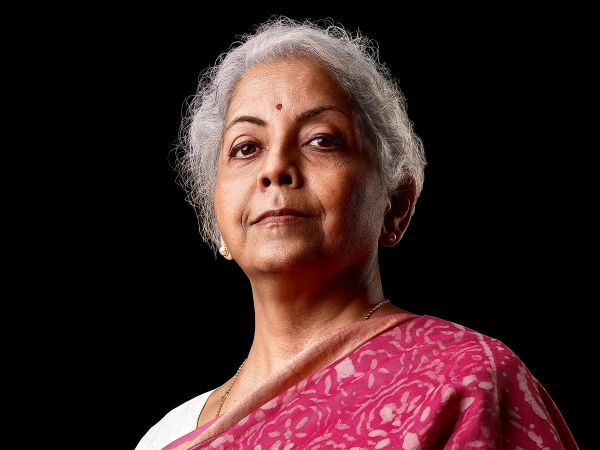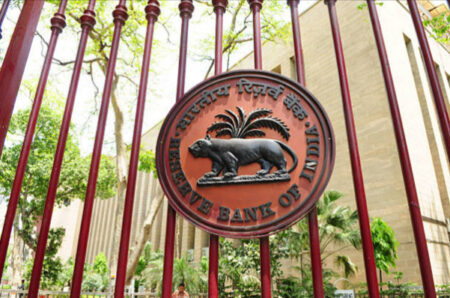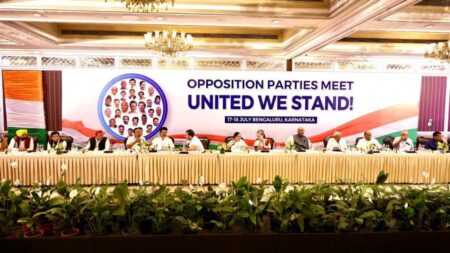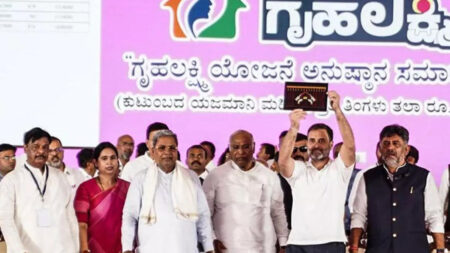- Nirmala Sitharaman went on to say that, for the people’s benefit, many common-use goods and services have been exempt from GST.
Nirmala Sitharaman, the Union Finance Minister, stated on Saturday that the Goods and Services Tax (GST) has benefited customers by lowering prices in comparison to the previous administration.
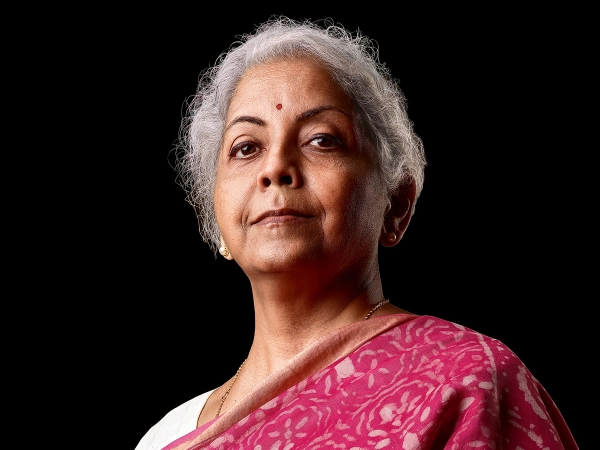
She went on to say that the GST has increased tax buoyancy for the federal government as well as the states.
By lowering prices in comparison to the previous regime, GST has benefited consumers. India’s indirect tax system was dispersed before the introduction of GST, with each state functioning as a distinct market for both the industry and the consumer.
GST has gotten more noteworthy duty lightness, because of which, more than your GSDP growth, your assessment assortment is developing. As a result, both the federal government and the states are benefiting. We need to disperse the fantasy that states are missing out on after holding hands for GST. Despite COVID, no state suffers today from GST, according to Union Finance Minister Nirmala Sitharaman.
The Union Finance Minister made a veiled attack on Rahul Gandhi for referring to the GST as the “Gabbar Singh” tax and claiming that it has increased costs. He referred to the remark as “despicable” and expressed that the GST has given alleviation to normal individuals.
Before the introduction of GST, the amount of tax on hair oil, toothpaste, soaps, perfumes, and detergents was around 28%. However, after the implementation of GST, this tax amount was reduced to 18%. You can see these numbers. If someone says that the GST is causing trouble, I won’t repeat the whole thing, but it is indeed being called the “Gabbar Singh” tax, which is sad because everyone should know about it. The Finance Minister said that GST helped regular people feel better.
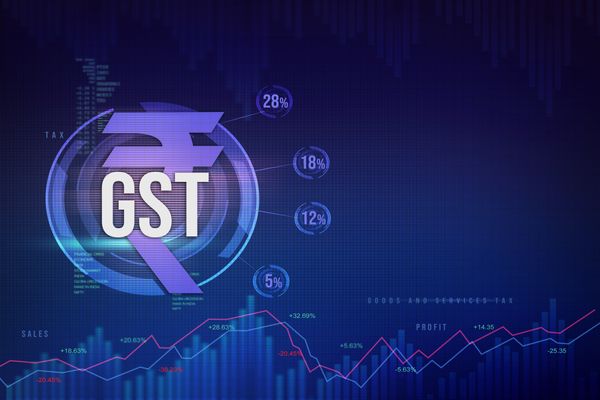
Nirmala Sitharaman further added that numerous normal-use things and administrations have been absolved from GST to serve individuals.
“Many common-use goods and services, such as rice, wheat, flour, curd, and other food items that are not sold pre-packaged and labelled, have been exempt from GST completely. Administrations like Medical care and Instructive Administrations, Public Transportation administrations, and Horticultural administrations are additionally absolved from GST,” said Nirmala Sitharaman.
In the meantime, the GST income assortment of India in the long stretch of June remained at Rs 1,61,497 crore, 12 per cent higher than the income gathered around the same time last year, the Service of Money said on Saturday.
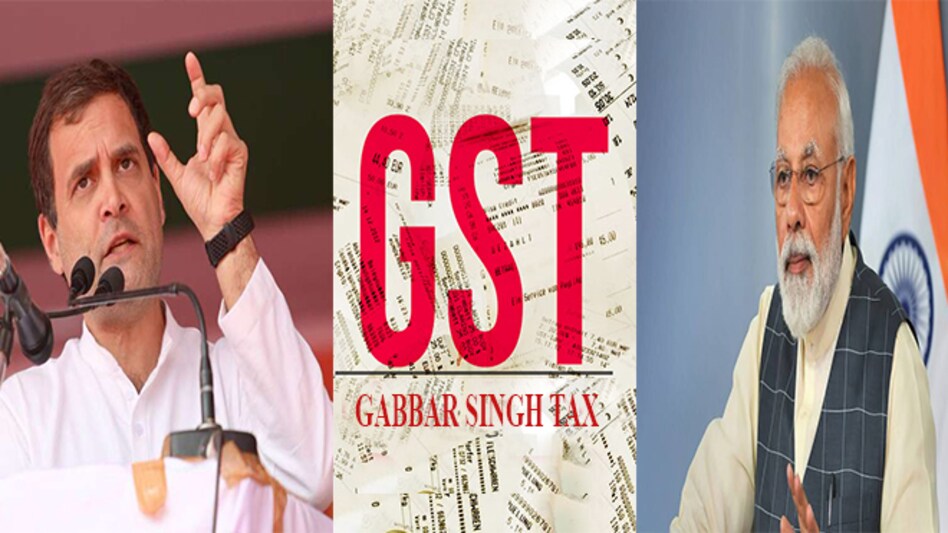
In June 2024, a total of Rs 1,61,497 crore was collected as GST revenue. Out of this, Rs 31,013 crore came from CGST, Rs 38,292 crore came from SGST, Rs 80,292 crore came from IGST (including Rs 39,035 crore from goods imported into the country), and Rs 11,900 crore came from cess (including Rs 1,028 crore from goods imported into the country). The government paid money from IGST, which was Rs. 36,224 crore to Central Goods and Services Tax (CGST) and Rs. 30,269 crore is the amount of money collected as SGST.
The Ministry of Finance says that in June 2024, the Centre and the States made a total of Rs 67,237 crore from CGST and Rs 68,561 crore from SGST after everything was settled. The gross GST collection has crossed Rs for the fourth time. 1.6 million crore mark.







